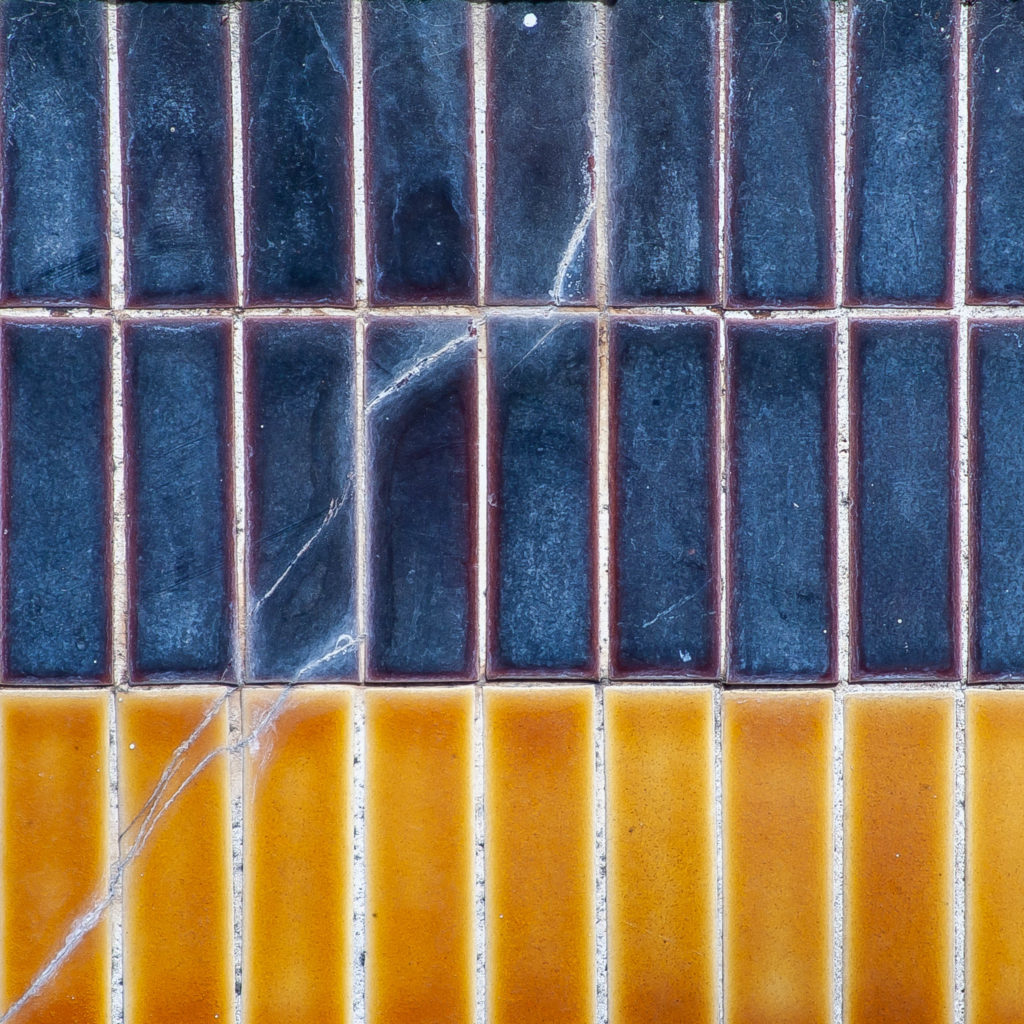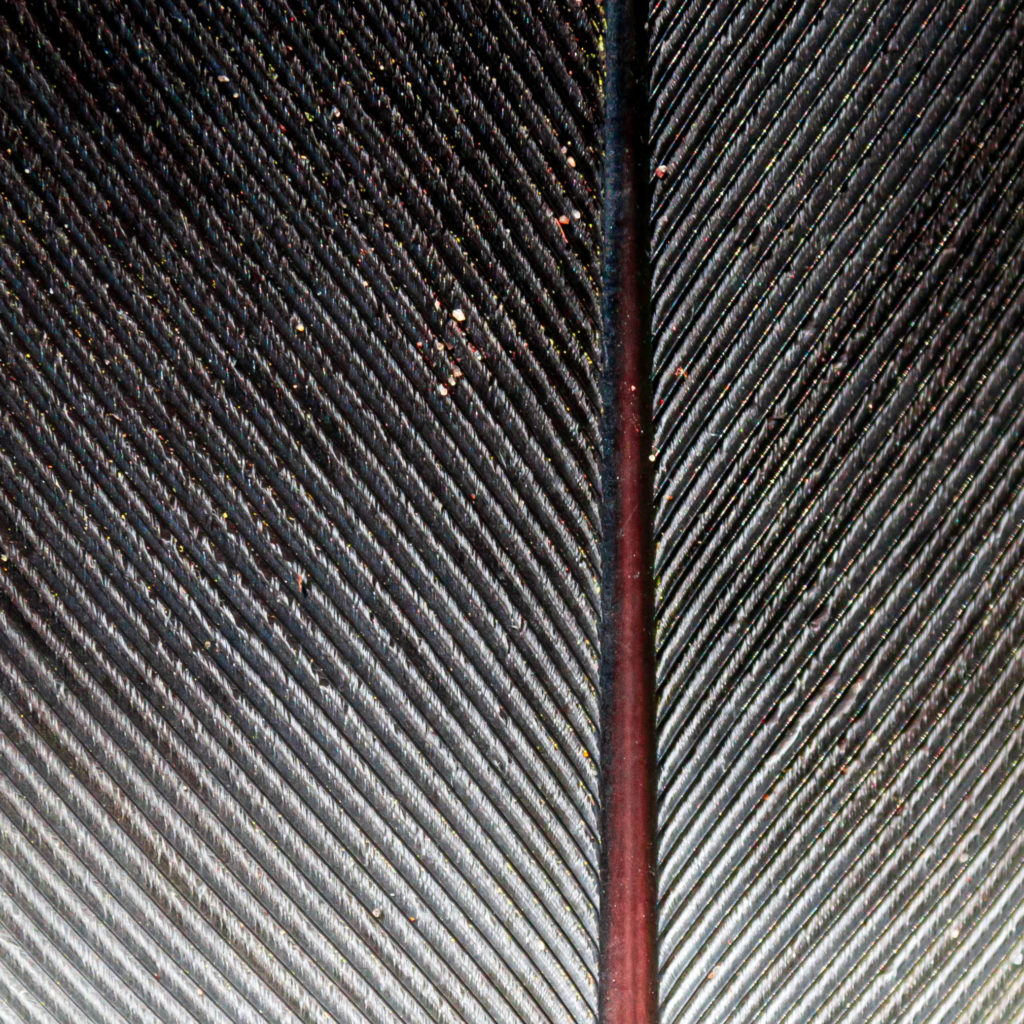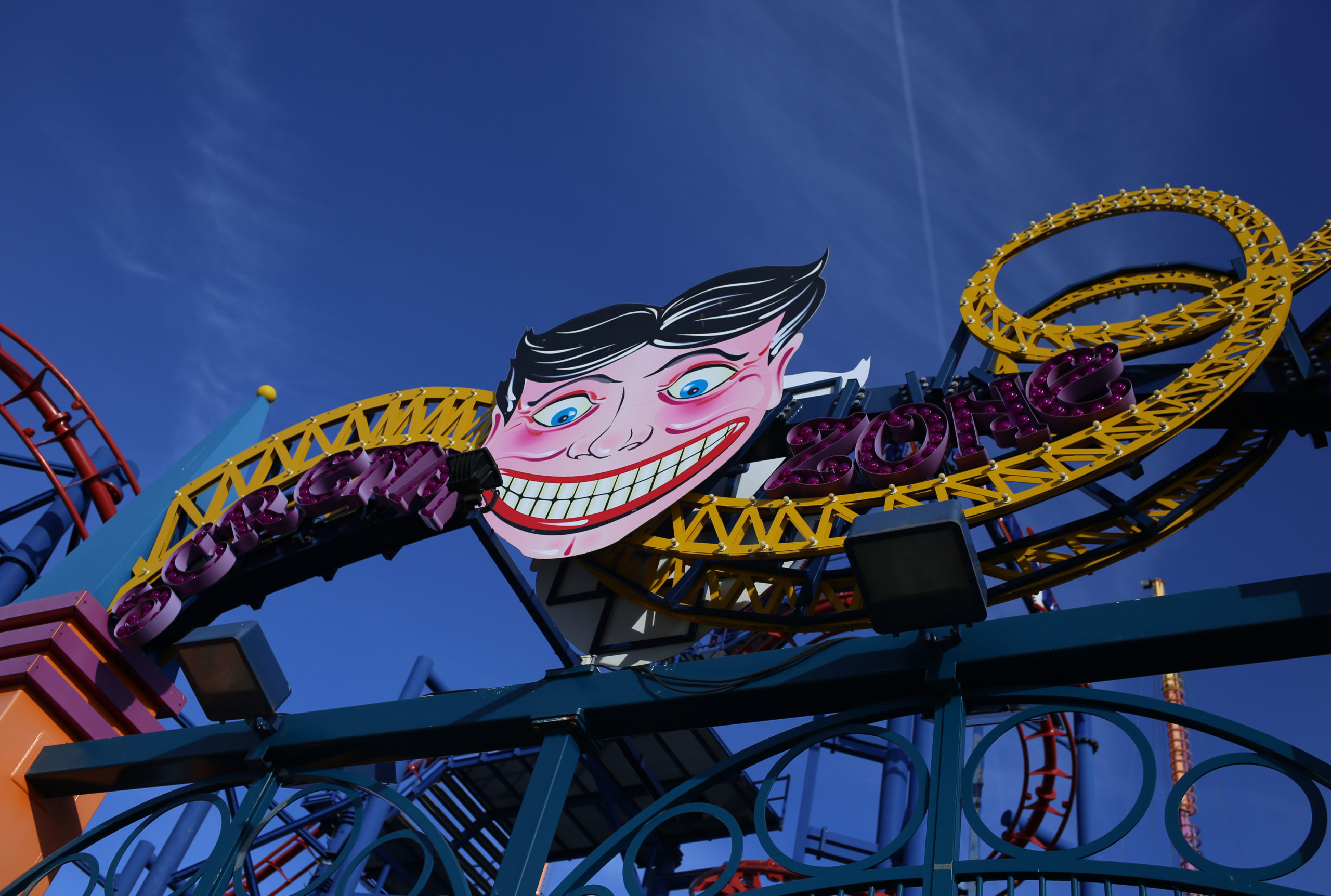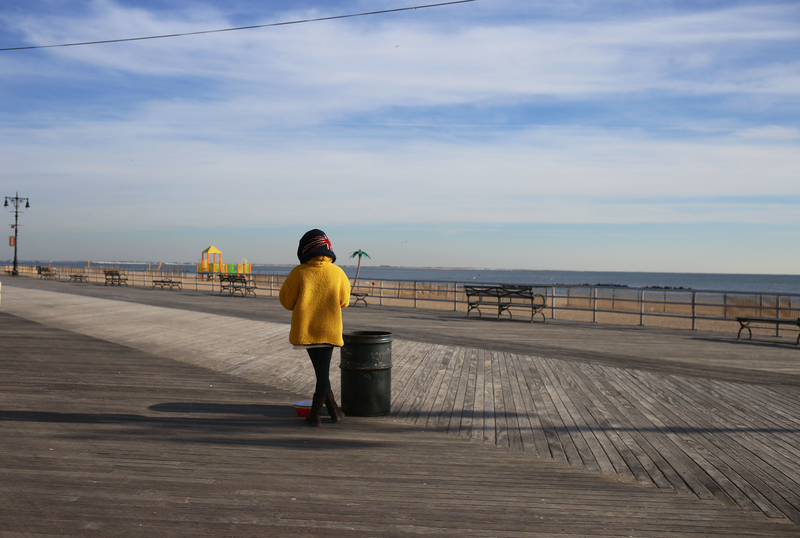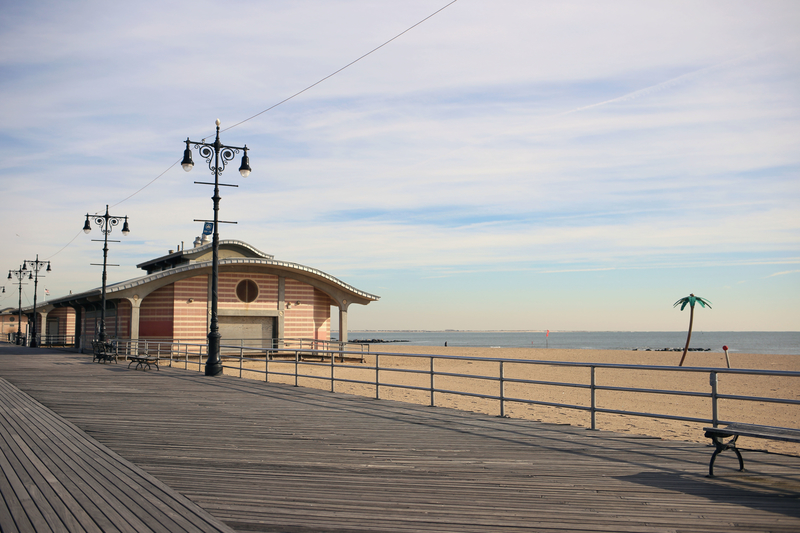A feature by Airinë Nuqi
Perched on the white bench of her wooden windows, Dona let out a long sigh, using the silent seconds to shake off an invisible weight off her shoulders and clear her throat. The words ‘voting rights’ brought back memories of her first meeting with the world of politics five years ago. Dona, originally from Spain, is an expat living in Berlin. Repositioning her septum piercing, she says: “Being an expat is similar to being in a state of limbo.”
To understand the position and voting rights of expats living in Germany, the layers of the German government have to be understood first. The german government is divided into: the local municipalities (which consists of officials such as mayors and councils), the federal states (which consists of officials who create the rules of the state) and the cherry at very top of the cake, the federal government (where the decisions made create the laws for the whole country).
In the fall of this year, the German federal election is planned on September 26th. This election’s purpose is to elect the 20th Bundestag. Whether expats can or cannot contribute to the country they reside in, is a divided argument. When it comes to Germany though, what are expat voting rights to begin with?
Expats do not have the right to vote in, ultimately, the most important elections: the General election (german: Bundeswahlen) and the State elections (german: Landeswahlen). However, they are allowed to vote in the local elections (german: Kommunalwahlen) and EU elections. What does this mean?
In the local elections, taking place every fours to five years, expats can give their vote on most issues concerning the representatives for regional and local subdivisions, except for mayors. However, this right is only reserved for expats from the EU with a German resident permit. Additionally, expats can vote in EU elections, which take place every five years, but they can only vote once. If they give their vote in Germany, they cannot vote again from their home countries.
For expats living and working in Germany, it takes an estimated seven to eight years of residence in the country to be eligible for citizenship. In this time, the integration within not only social, but also working culture becomes an expats way of life. They are affected in the same way as any other person in Germany, who has German citizenship. Yet, they cannot influence state rules or the legislation in place all across Germany with their vote.
As Germany strives to have a relatively equal and varying portrayal of political outlets, there are quite a few political parties that are represented in the federal and European parliament. These include, but are not limited to: the Christlich Demokratische Union Deutschlands (CDU), Sozialdemokratische Partei Deutschlands (SPD), Alternative für Deutschland (AfD), Freie Demokratische Partei (FDP), Die Linke, Die Grünen.
Many expats living in Germany, specifically Berlin, give the city quite a diverse quality. Before she came to Berlin, Dona spent a total of 13 years in the UK. Having left her motherland as a mere preeteen, not having had the chance of being exposed to the world of politics in Spain, her first introduction to the mere concept of voicing political opinions on possible future leaders, happened in the UK.
More than five years ago, Dona was standing in front of the polls, ready and prepared with her voting decision, when she was turned away. As she was not born, nor an official citizen of the UK, she would not be able to vote. At first, she was baffled. “I told them – What’s the difference between me and someone that was born here, or someone that has also lived here for the same amount of time as I have? My parents and I pay taxes, we contribute to this country, yet we have no voice,” she says in an exasperated laughter. And so, the country where she had become an adult, where she had thought she had the right and had formed the will to contribute with her vote, the country that had shaped her into who she had become, denied her the opportunity of choosing her leaders.
After the first attempt, and as of now the last, Dona had had a moment of clarity: there was no place in the world where she was rooted enough to either be allowed to vote, or to know who to vote for, if she would. A moment which became a clear point of disconnect, especially as she arrived in Berlin. Politics, it seemed, would not be something she “would be involved in,” she stated, throwing her hands in the air and making an X with her forearms.
To get a better understanding of the knowledge expats possess of the little ways available to contribute their voice in Germany, a survey was performed with thirty expat participants. These expats, currently living in four different cities within Germany, span across twenty one nationalities worldwide (Albania, Armenia, Bulgaria, Denmark, France, Germany, Hong Kong, India, Indonesia, Jordan, Kosovo, Lebanon, Mexico, Morocco, Nepal, Spain, Taiwan, Thailand, US, Uzbekistan, Venezuela), between the ages of 20-35, with a Germany living duration from: less than one year, going up to five years.
Through an informing paragraph on Germany’s government layers, and the voting rights expats do and do not have, the participants of the survey were presented with questions including, but not limited to: the desire of participation for the General and State elections should the opportunity present itself, their involvement in politics and their voting exercise in their home countries, long term plans of residence in Germany, feelings on voting as a concept in itself, as well as issues they face living in Germany as an expat.
The survey found that 60% of the participants had never known they were able to cast their vote in local and EU elections, with only 6.7% stating that they had known and actually participated in them. Additionally, 73.3% of the participants stated that they would vote if given the chance, specifically when it comes to influencing issues that they face as an expat in Germany themselves. These issues include: bureaucratic issues, basic human rights, infrastructure related, digitization, social solidarity issues, immigration rights issues, visa / immigration laws, scholarships opportunities for expats, dual citizenship & easier legal immigration, data protection, and racial issues, to name a few.
Finally, when asked if they cared about voting as a concept, the survey participants having chosen ‘Yes’ as their answers (73.3%) and ‘Maybe’ (10%) argued that: it’s a fundamental right, it makes them feel part of the society they are in, it is the only chance of political representation and democratic participation, a society with citizens and a government is “a two way street relationship”, voting is not just a right but a duty, if you don’t participate in the democratic process of voting then “you can’t complain about the outcome”, and finally, that someone has got to make sure the “neonazis dont gain power”. Moreover, 80% of participants stated that they have voted in their home countries, and 83.3% stated they are generally politically interested in their home country.
As a resident of Berlin for more than four years now, Dona has considered the chance to fight for a right to vote. However, Berlin and Germany are not her final destination. Rolling first her left, then her right shoulder, she sighed as she claimed: “I don’t feel I will live here enough to see the changes for which I would be voting for, in case I would indeed express my opinions. Apart from the housing rent cap and signing the pleading document for it, like everyone else of course.”
An argument given by Jonathan, an expat living in Aachen for the last two years, is that although the option to vote in EU elections, and particularly in German local elections is “quite progressive and positive,” it would be “unfair towards the permanent residents” for uninformed people who are most likely only passing through Germany, to vote.
Many expats like Dona and Jonathan might be put off by their own experiences or the lack of certainty in whether they will live in Germany long enough for their voice to matter, however according to the survey, 83.3 % of expats stated that they believe their vote matters, unrelated to how long they have been residents in Germany, 63.3 % stated that, if given the chance, they would vote in General and State elections.
As we go forward, the discussion on whether: sufficient knowledge on politics vs. the existence or obtainment of a citizenship is enough (to be able to vote), may continue, one thing is for certain: as the number of expats around the globe grows, it is not only in Germany’s best interest, but that of the world, to include educated and willing expat residents, only striving for a better, joined life.
*names have been changed due to privacy concerns








